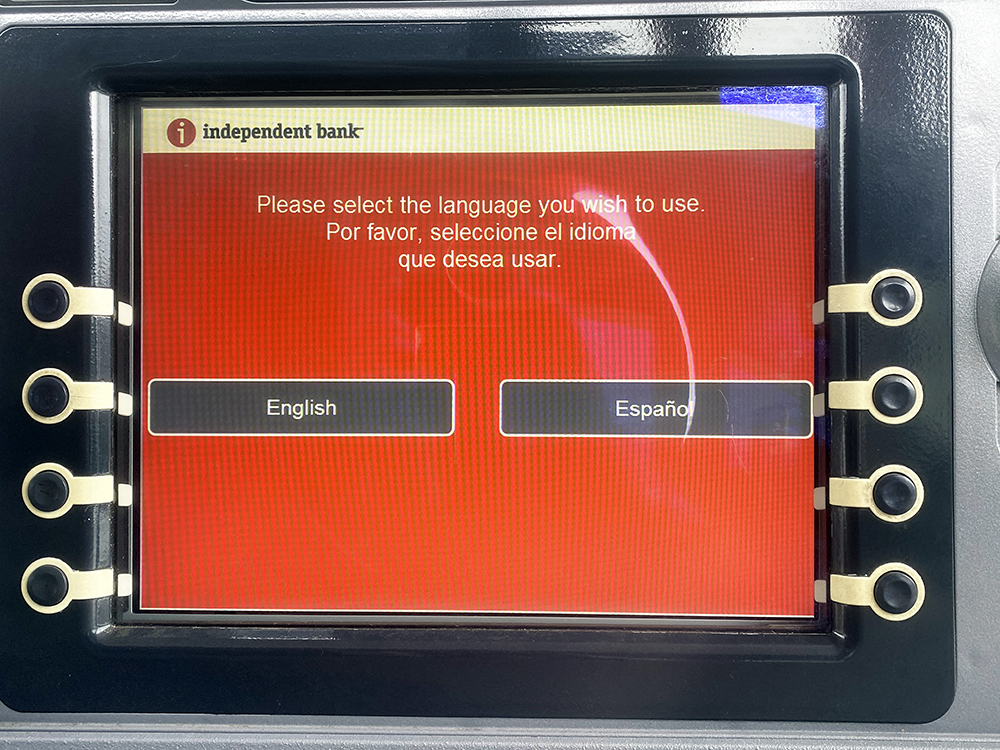Diversity. Equity. Inclusion.
Those three words are making a lot of people angry these days. And that’s part of the plan. Thanks to the new president and his minions, the shorthand version, “DEI,” has become one of the key weapons in the latest campaign to distract Americans from real issues by getting them angry at each other because of race and gender.
Trump was clear about it during his campaign: “I think there is a definite anti-white feeling in this country,” he said. “I think the laws are very unfair right now.” That message went straight to the heart of his core followers, those inclined to also believe that lazy, white-hating brown people were eating cats and dogs — the beloved pets of real Americans.
Hate and ignorance are a powerful combination, and those afflicted with it are easily manipulated. “DEI” is now racist code for “smart white men are being replaced by incompetent Black, brown, female, and LGBTQ people.” DEI was blamed for the California wildfires, the mid-air collision over the Potomac River, the flooding in North Carolina, you name it.
I was moved to ponder all this yesterday, as I pulled up to my bank’s drive-through ATM and read these words: “Please select the language you wish to use. Por favor, seleccione el idioma que desea usar.” The ATM screen has offered that option for years, maybe even decades, but now I guess it’s become offensive to some folks. A dang woke ATM.
But take a moment to think about why that option is there. It’s not because it was mandated by the government. It’s there because a bank — not exactly a woke institution — decided to put it there. And they did it because it was good for business to offer customers the opportunity to use a language that might make it easier for them to do their banking. It was a business decision.
There have been many studies on DEI and its influence on corporate and institutional America. Some findings: Corporations identified as more diverse and inclusive are 35 percent more likely to outperform their competitors. Diverse companies are 70 percent more likely to capture new markets. Diverse teams are 87 percent better at making decisions. Diverse management teams lead to 19 percent higher revenue. Companies employing an equal number of men and women manage to produce up to 41 percent higher revenue. The GDP could increase 26 percent by equally diversifying the workforce. Gender-diverse companies are 15 percent more likely to notice higher financial returns. I could cite references for all of the above, but you know how to google. Bottom line: DEI is good for the bottom line.
Also consider: It was not until 1959 that the then-named Memphis State University allowed Black students to attend. It wasn’t until 1969 that the Ivy League schools began accepting women. (Harvard held off until 1975.) It wasn’t until the 1960s that many Black Americans were able to get into a voting booth in the South.
And it wasn’t until 1974, when the Equal Credit Opportunity Act came into effect, that women in the U.S. could get a credit card or a bank account. The ECOA made it illegal for financial institutions to discriminate based on sex, and later extended that right to anyone, regardless of race, color, religion, national origin, age, or receipt of public assistance. In 2011, in the wake of the 2008 financial crisis, the Consumer Financial Protection Bureau (CFPB) was created to ensure banks and lending companies complied with the ECOA and didn’t defraud their customers.
On Sunday, Russell Vought, the newly installed director of the Office of Management and Budget, directed the CFPB to stop any investigative work and not begin any new investigations. Consumer protection from business scams is now “woke,” apparently.
Legislative protections against discrimination toward minority groups have proven to be an essential tool for leveling the playing field in business, education, and other elements of American life. Getting rid of DEI is just another variation of the GOP’s grievance-based politics, another sop for those who think white people are getting screwed. And they are, just not in the way they think they are. Maybe it would help if they took a second to think about those three words — diversity, equity, inclusion — and decide which ones they’re opposed to, and why.
